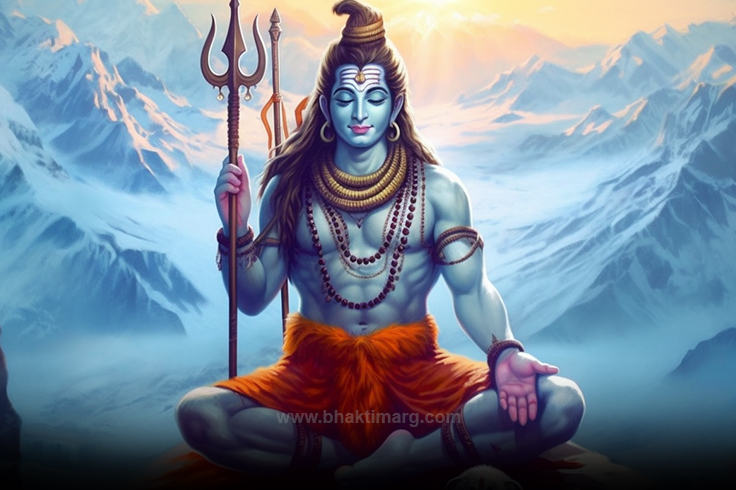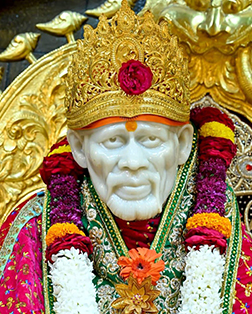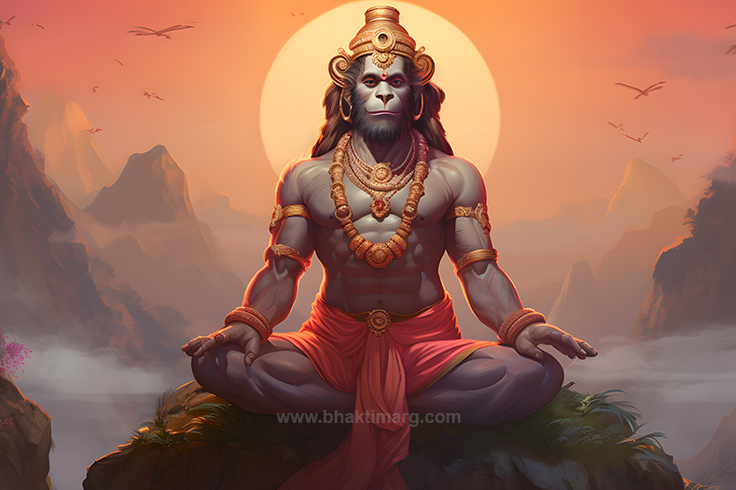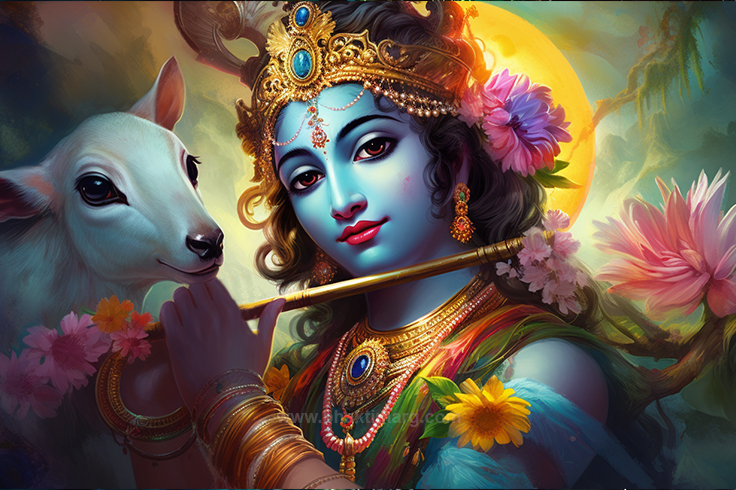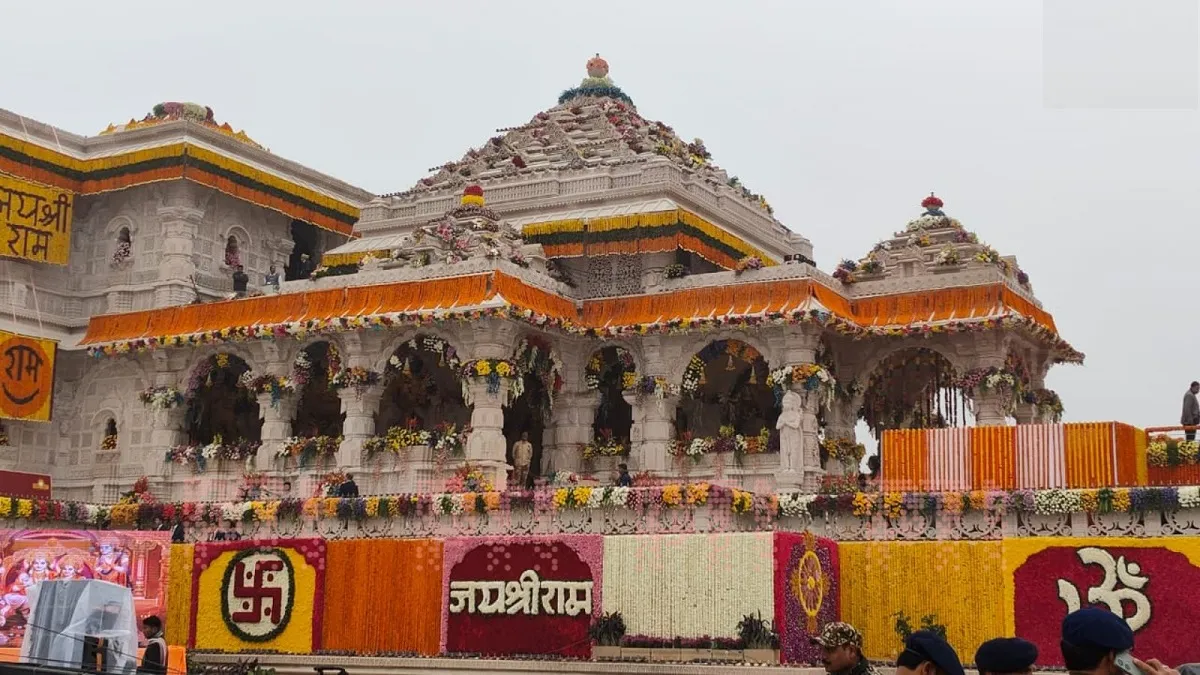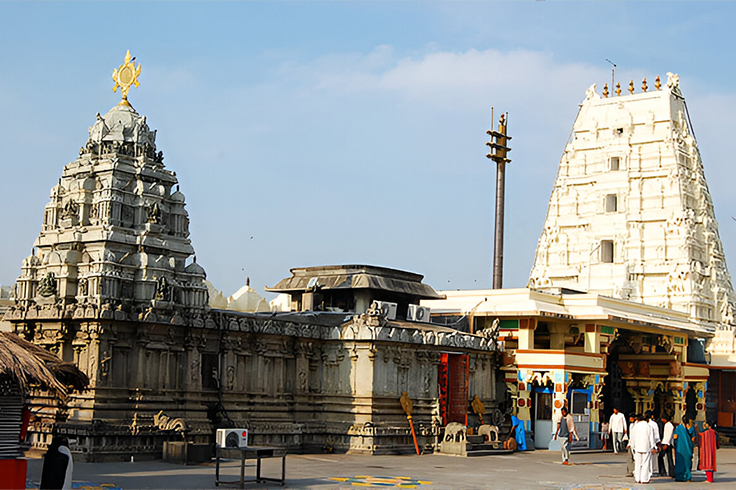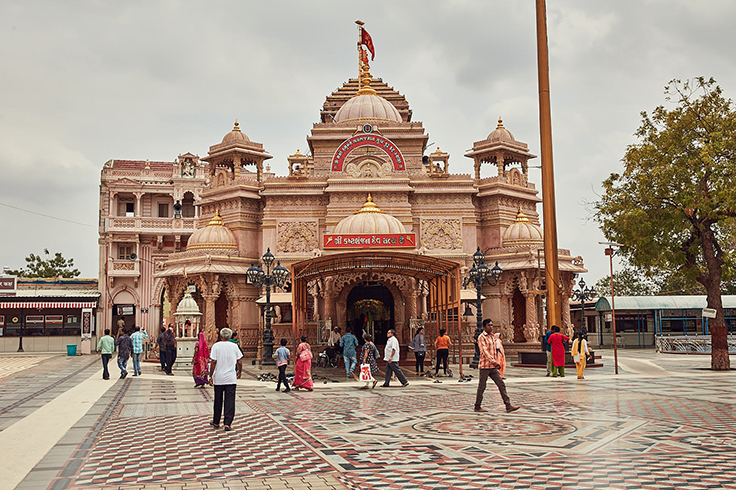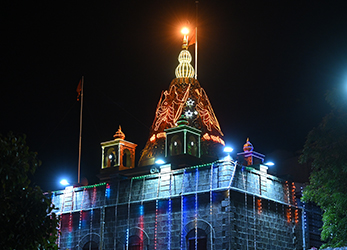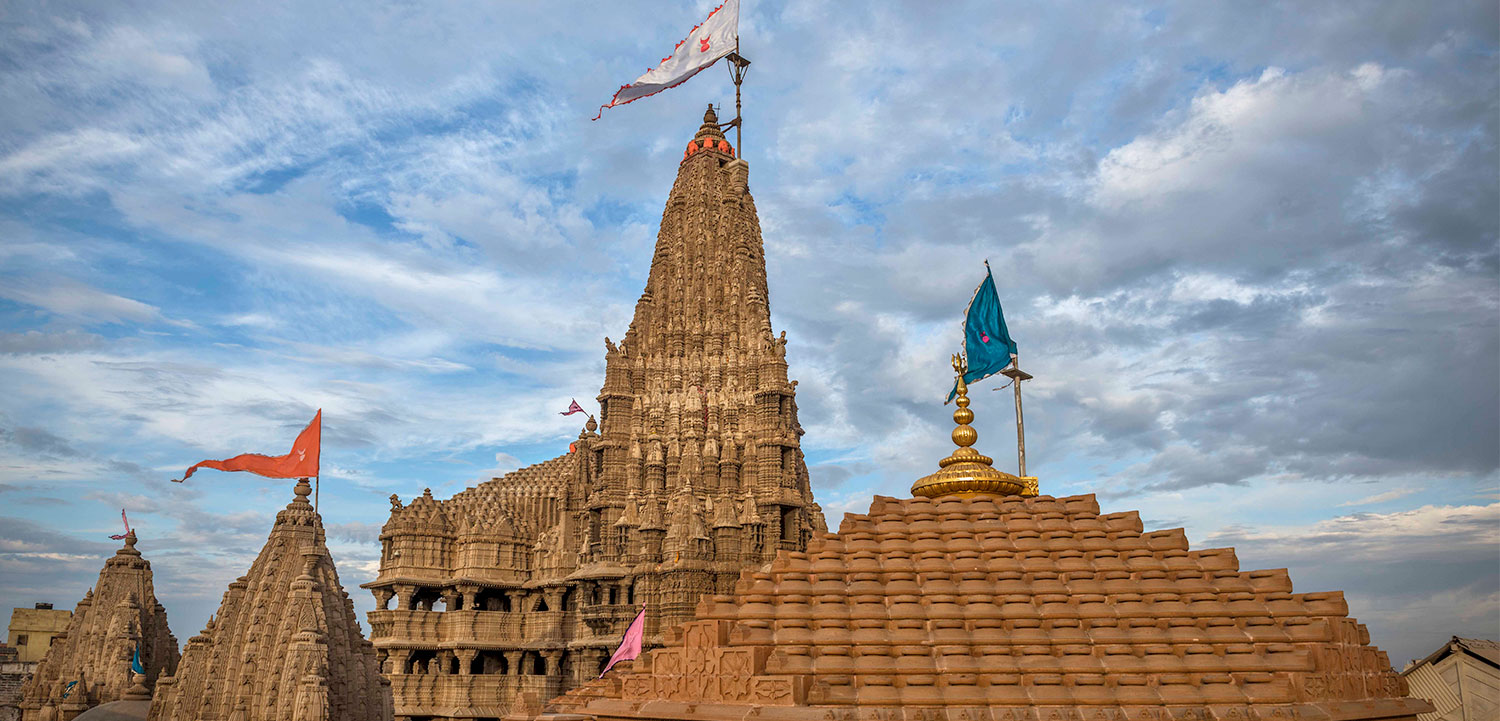
Gudi Padwa 2025: Exploring its Significance in Maharashtrian Culture
India is a country of rich tradition, along with multiple cultures and religions each having deep significance and meaning. The festivals of Diwali, Holi, and Dussehra are prominently celebrated in Hindu culture and Gudi Padwa is one such festival celebrated with great promptness and enthusiasm.
The significance of Gudi Padwa, for Marathi and Konkani Hindus is great as it symbolizes the marking of the traditional New Year, the arrival of spring, and the reaping of Rabi crops. It falls on the first day of the Chaitra month, according to the lunisolar Hindu calendar, which typically corresponds to late March or early April in the Gregorian calendar. Gudi Padwa 2025 date would be 30th March it will be celebrated on Monday.
Why Gudi Padwa is Celebrated?
Before exploring its significance, let’s explore about Gudi Padwa festival, where it originated, and its meaning. As mentioned it is the beginning of the new year in the lunar Hindu calendar, and as the new year is celebrated so is Gudi Padwa. Gudi padwa’s meaning is derived from the Sanskrit word “gudi” meaning flag and “padwa” meaning the first day or the progressing day, hence primarily the celebration of this festival is celebrating the new beginnings.
There are several stories as mentioned in the scriptures related to the significance of Gudi Padwa, one being the creation of the Universe by Lord Brahma and the victorious return of Lord Rama to Ayodhya. According to one of the popular beliefs in Hinduism, Gudi Padwa is the day Lord Brahma created the universe. It commemorates the beginning of time and the start of creation, marking it as a day of cosmic renewal and the start of a new cycle.
Another significant related to Gudi Padwa history is the legend associated victory of Lord Rama over Demon King Ravana and his return to Ayodhya. In some regions, it is also celebrated as the day Bhagwan Shri Ram was crowned as the king after his return from exile. The Gudi (victory flag) is hoisted outside homes to symbolize this triumph of good over evil and the return of the lord back to his people.
Significance of Gudi Padwa in Maharashtrian Culture
In Maharashtrian culture, Gudi Padwa’s meaning and significance are more than just the beginning of the new year, it embodies the essence of renewal, victory, and prosperity, and some historical events make it more memorable. As the Marathi New Year, this festival marks the onset of spring and celebrates the harvest season, reflecting the agrarian roots of the region. Here are some key aspects of the significance of Gudi Padwa in Maharashtrian culture:
- The greatest relevance of this festival and the most common answer when asked why Gudi Padwa is celebrated would be, that it is the New Year according to the Lunar Hindu calendar, symbolizing new beginnings. The Gudi Padwa 2025 as every year would be time for cleaning and decorating homes, buying new clothes, and making fresh starts, encouraging people to leave behind the past and look forward to the future with hope
- This festival, connecting the Gudi Padwa history is a symbol of Victory the Gudi, a decorated pole with a colorful silk cloth, neem leaves, mango leaves, and a garland of flowers topped with an inverted copper or silver pot the ‘Kalash’. It is believed to symbolize the victory of good over evil, reminiscing the victories of the Maratha forces, led by Chhatrapati Shivaji Maharaj, and is a symbol of Maharashtrian pride and valor
- There is agricultural significance to Gudi Padwa as it is celebrated at the time of the rabi crop harvest, marking the end of one agricultural cycle and the beginning of another, the festival is a thanksgiving to Mother Nature for the bountiful harvest and prayer for future prosperity
- The festival also includes astronomical and seasonal relevance as the timing of Gudi Padwa, coinciding with the spring equinox, holds great astronomical significance. It marks the day when day and night are of equal duration, heralding the arrival of longer days and the spring season, a time of rebirth and renewal in nature
About Gudi Padwa Festival Celebration
This festival is observed with great enthusiasm across Maharashtra, Goa, and parts of Karnataka and it includes many different flavors of the region let’s look into the festivities that follow,
- It includes the erection of the Gudi (a bright festive flag, bamboo stick, neem, and mango leaves, a garland of flowers, and a copper pot placed in an inverted position) outside homes, signifying victory and prosperity
- To behold the festivity of new beginnings people wear new traditional attire, homes are cleaned and decorated, intricate rangoli designs adorn the entrance just as done in the festival of Diwali, and families come together to share festive meals
- Special dishes according to regional cuisine are prepared for instance Puran Poli, and Shrikhand in Maharashtra, Bevu Bella and Obbattu in Karnataka, and Sanna and Neureos in Goa, since this festival is prominent in this region, the most famous sweet and savory items are prepared to mark the occasion
- Cultural practices as mentioned in Gudi Padwa history include the creation of intricate rangoli designs at the entrance of homes, and the preparation of festive foods for family gatherings, these traditions followed have strengthened familial bonds and community ties, fostering a sense of belonging and cultural continuity
- There is a custom of eating neem leaves or a paste made from neem leaves, jaggery, and tamarind having a significance of Gudi Padwa and its essence rooted in the practice. It primarily emphasizes health and well-being, this practice is believed to purify the blood and strengthen the body’s immune system, reflecting the holistic approach of traditional festivals to health and also supplying the message that life is a mixture of bitter and sweet so one should start fresh with each step and get accustomed to life and live with vigor to attain victory and find solace in these bittersweet moments
So in conclusion, Gudi Padwa is a multifaceted festival that enriches the cultural fabric of Maharashtra, weaving together themes of historical pride, agricultural prosperity, familial bonds, health, and natural renewal in a vibrant tapestry of celebration.
With this note hope you celebrate your Gudi Padwa 2025 with its essence and remember it is not just a cultural and religious celebration but also a day of immense social significance, bringing communities together, reflecting on the past year, and making aspirations for the new.





